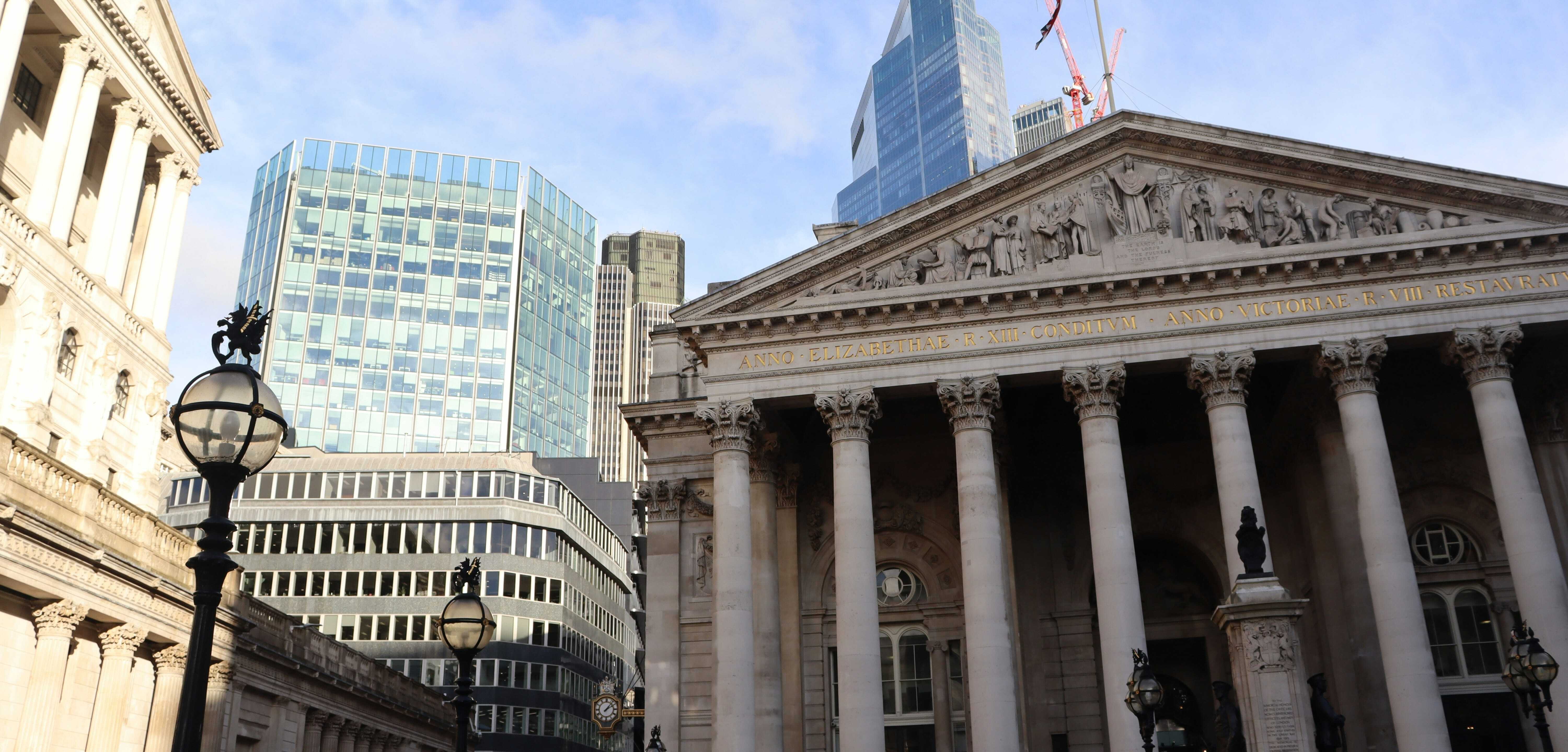
The UK’s buy-to-let market has acted as an attractive (and highly rewarding) investment across the world for decades.
The consistent rise in value, strong rental demand, straightforward legal and financial processes and easy extraction of funds mean the market offers an attractive prospect: lower risk for higher returns.
The valuation of Britain's £7.56 trillion property market continues to hit new records. It has outstripped the performance of FTSE All Share index, cash and gold over the past 20 years, with property prices doubling, on average, every 10-15 years.
This trend has been strongest in the UK’s capital, London. Data from Property Partners published in 2016, and updated by GetGround for 2021, showed that £100 invested in London’s property market twenty years ago would be worth £1,290 today. Meanwhile, the same amount invested into the FTSE All Share index would be £525, while gold would be £355 and cash savings £266.
This upward trajectory is set to continue, even with the disruption of Brexit and the pandemic, as a result of the favourable frameworks in place nurturing the market. Below we explore some of the reasons why buy-to-let is an attractive and accessible investment class.
1. Price remains high, as more people want to buy
Prices are set to remain high as demand for properties in the UK significantly outweighs supply, meaning there are more people looking for a property (either to rent or buy) than there are available.
The UK government’s response to the coronavirus has strengthened this market trend. In June, the Bank of England’s chief economist Andy Haldane said that Britain’s housing market was “on fire” due to the government’s stamp duty tax breaks, as well as increased demand from richer households who have saved more over this period.
A first quarter report from TwentyCi revealed that year-on-year agreed sales jumped by more than 30% across the whole of the UK, while exchanges increased by 55%. Meanwhile, the number of properties on sale plummeted, with listings falling by 50% compared to their usual rate.
Demand for housing has also led to an increase in rent, which in turn bolsters investors' income stream. According to Propertymark, 67% of real estate agents said landlords have increased rent in April, compared to 60% in March. The research also found that year-on-year this figure has more than doubled since April 2019.
2. Construction has not kept up with demand
One reason for the limited property pool is that the UK government has not built anywhere near the number of properties needed to match demand. It is estimated that 345,000 new homes are needed in England each year to keep up with the growing population, yet between 2019 and 2020 244,000 were built, according to a 2021 UK Parliament briefing paper.
This limited supply has been squeezed further by the disruption of the pandemic, which has placed many developments on hold. In April 2020, construction output in the UK fell by 40%.
3. Favourable exchange rates have kept international buyers interested
The weaker pound has made the UK’s buy-to-let market very appealing to overseas buyers, as favourable exchange rates allow international buyers to get more for their money.
In September 2020, wealthy Hong Kong residents flocked to London to escape the city’s political instability, following mass protests against the Chinese government’s new national security law. Due to the comparative strength of the Hong Kong dollar, Hong Kong buyers have reaped relative discounts of 40%, Knight Frank’s global head of research Liam Bailey told Bloomberg.
All of the above contribute to an imbalance between supply and demand in the UK property market, which, in turn, has enabled a steady price increase that has consistently provided returns for investors.
4. The UK is an investors’ “safe haven”
The UK has also built a global reputation for being the property investment “safe haven” as a result of its liquid, transparent and risk-averse marketplace.
It’s robust yet accessible legal and financial systems means investors from around the world can execute deals swiftly and safely. The essential documentation investors need to provide is minimal, but is also checked rigorously by some of the world’s greatest bankers and lawyers. The market is also very fluid, meaning that the process of getting capital in and out of property investments is straightforward, in comparison to other international markets.
For any investor seeking to diversify their portfolio with asset classes that provide consistent returns in a liquid market, opting for a buy-to-let property is a very attractive route.
Streamline your entire property investment journey
GetGround is the all-in-one property investment platform designed for high returns, with low effort. Built for every stage of the journey, you can find, finance, structure and sell your property investment. No matter if you’re an experienced landlord or a first-time investor - we’re here to help.
GetGround
GetGround
Discover our recent property investing articles:
The Impact of Interest Rate Drops on UK Property Investors
On February 6th, 2025, the Bank of England announced a reduction in its base interest rate from 4.75% to 4.50%. Although an expected announcement, ...
Best Investment Property Locations in 2025: UK Regional Hotspots
The UK property market is becoming increasingly regionalised, with significant differences in growth potential, rental yields, and demand across the ...
How Economic Factors Can Impact UK Landlords
Even with the recent volatility of the UK economic market, the UK property market has remained resilient with homeowners and property investors still ...


